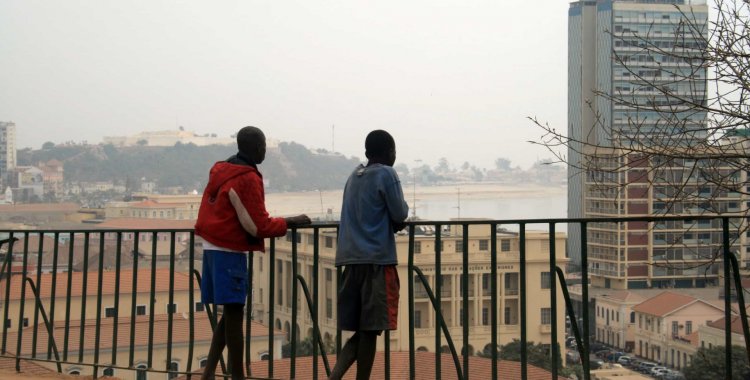"Objectively, the valuation of the defendant's human dignity and freedom in the decision to apply or maintain the deprivation of liberty has often taken shortcuts far from a truly constitutionalized jurisdiction", stated Maria da Conceição Sango in her intervention at the congress on "Freedom, Environment and Justice", part of the celebrations of the 190th anniversary of the Portuguese Supreme Court of Justice and organized in partnership with the Community of Portuguese Language Jurists.
For the judge advisor, this distance results in "dialectic tensions, and even often dilemmatics, to which judicial operators are placed, between deprivation of liberty and liberty, given the progress of the process", arguing that they "should never suspend judgment constitutional consideration, so that the defendant's fundamental rights are not disproportionately harmed".
According to Maria da Conceição Sango, citizens have approached the Constitutional Court "to request an inquiry into judicial decisions that determine measures restricting freedom, considered unconstitutional, as a mechanism that aims to enforce fundamental rights and, naturally, the dignity of the human person".
Thus, she said "the Constitutional Court has considered and decided many appeals against decisions whose legal discussion is essentially based" on issues such as "the period of preventive detention, prison conditions, and the prison situation of the defendant after conviction in the first instance, with an appeal pending".
In her intervention, the judge of the Constitutional Court stated that "jurisdictional control of coercive measures must not distance itself from the necessary dosimetry between the need for the coercive measure restricting freedom and the protection of the dignity of the human person".
Recalling that the Constitution of the Republic of Angola establishes, in its article 57, that the law can only restrict rights, freedoms and guarantees in cases expressly provided for in that fundamental law, Maria da Conceição highlighted that "the restriction must be limited to what is necessary, the safeguarding of other rights equally protected by the Constitution".
In Angola, she admitted, criminal procedural law is considered by many as a "seismograph of the Constitution", hence "there have been constant requests for intervention from the Constitutional Court to sanction issues of constitutional, criminal and criminal procedural confluence, of which he is an example the 'habeas corpus'".
According to the Angolan Constitutional jurist, Law 25/15 of 18 September revoked a first law on preventive detention and approved the Law on Precautionary Measures in Criminal Procedure, "introducing principles of necessity, proportionality, subsidiarity and adequacy, as prerequisites for application of coercive measures in criminal proceedings, which have long been established in criminal procedural dogmatics".
She referred to a succession of principles that "should be observed in the application of coercive measures, namely: legality or typicality, the principle of adequacy, the principle of proportionality and solidarity".
But, according to the head of the Constitutional Court, "it has already emerged with some deficiencies, especially with regard to measures restricting freedom, namely, the attribution of powers to the Public Prosecutor's Office to, during the investigation phase, apply restrictive precautionary measures freedom (...); the legal imprecision of the prison situation in which the defendant should be after conviction in the first instance, and an appeal has been filed and the preventive detention periods have been exhausted".
Furthermore, "along with some intrinsic insufficiencies of the law, judicial practice itself did not fully follow the evolution of legislative thought, anchored in the constitutional value of the presumption of innocence and human dignity of the accused and detained person, and many measures of coercion depriving liberty, of dubious justification", she added.
According to Conceição Sango, "many of the measures that were applied, in addition to being based on abstract grounds, had the crime and the applicable penalty as the basis for their determination. Judgments of necessity, adequacy, proportionality and precariousness are only rarely implemented in decisions that impose restrictions on freedom".







